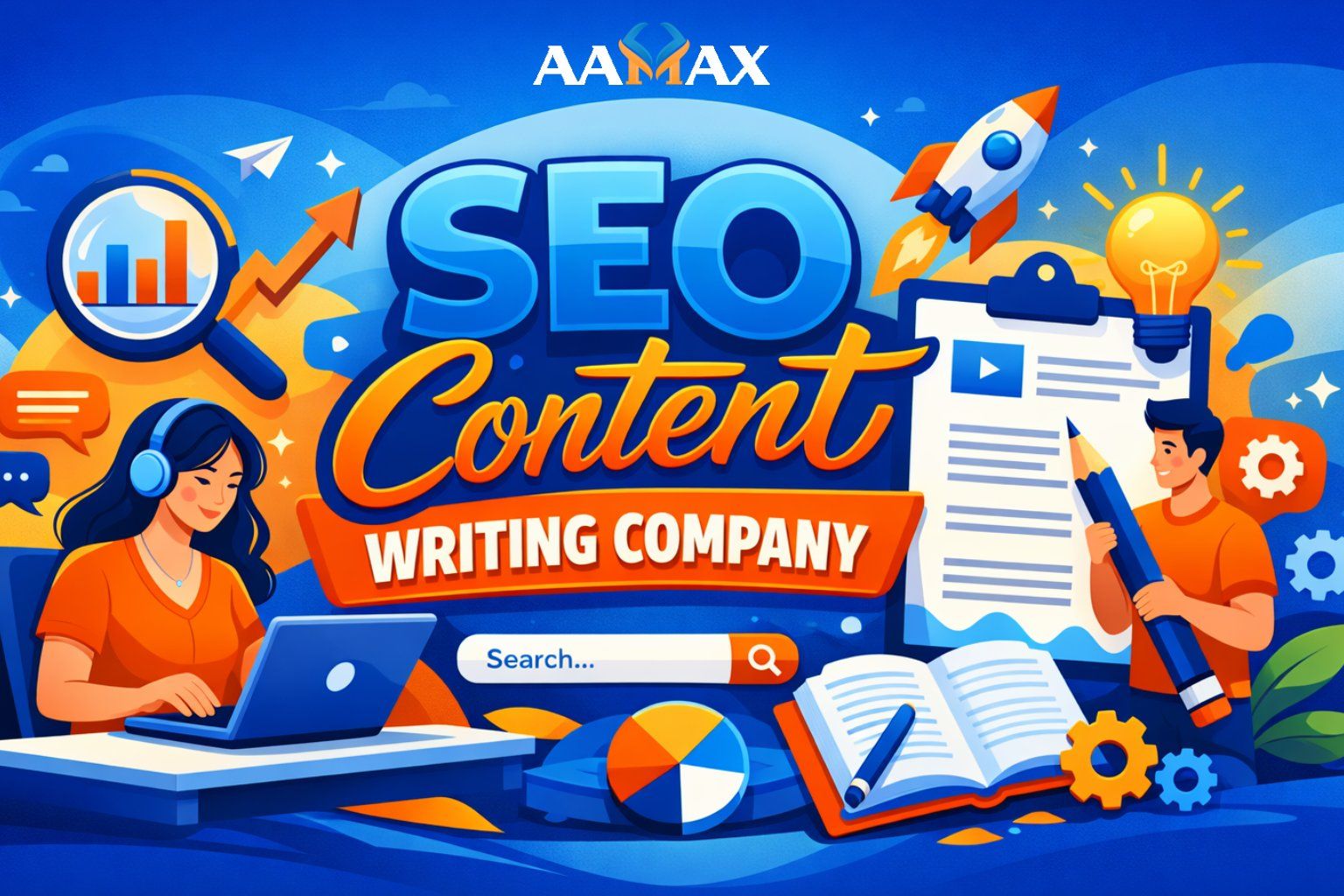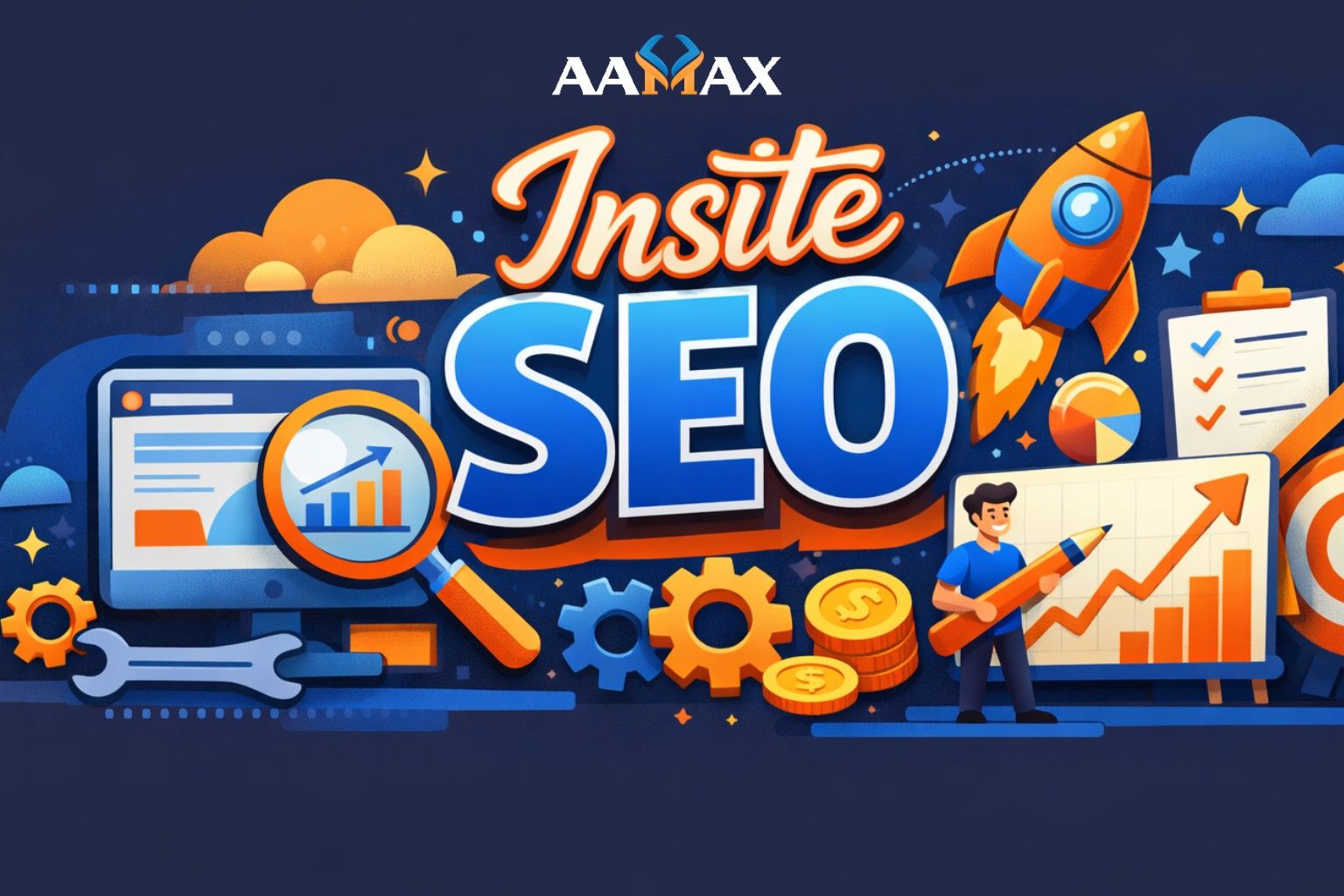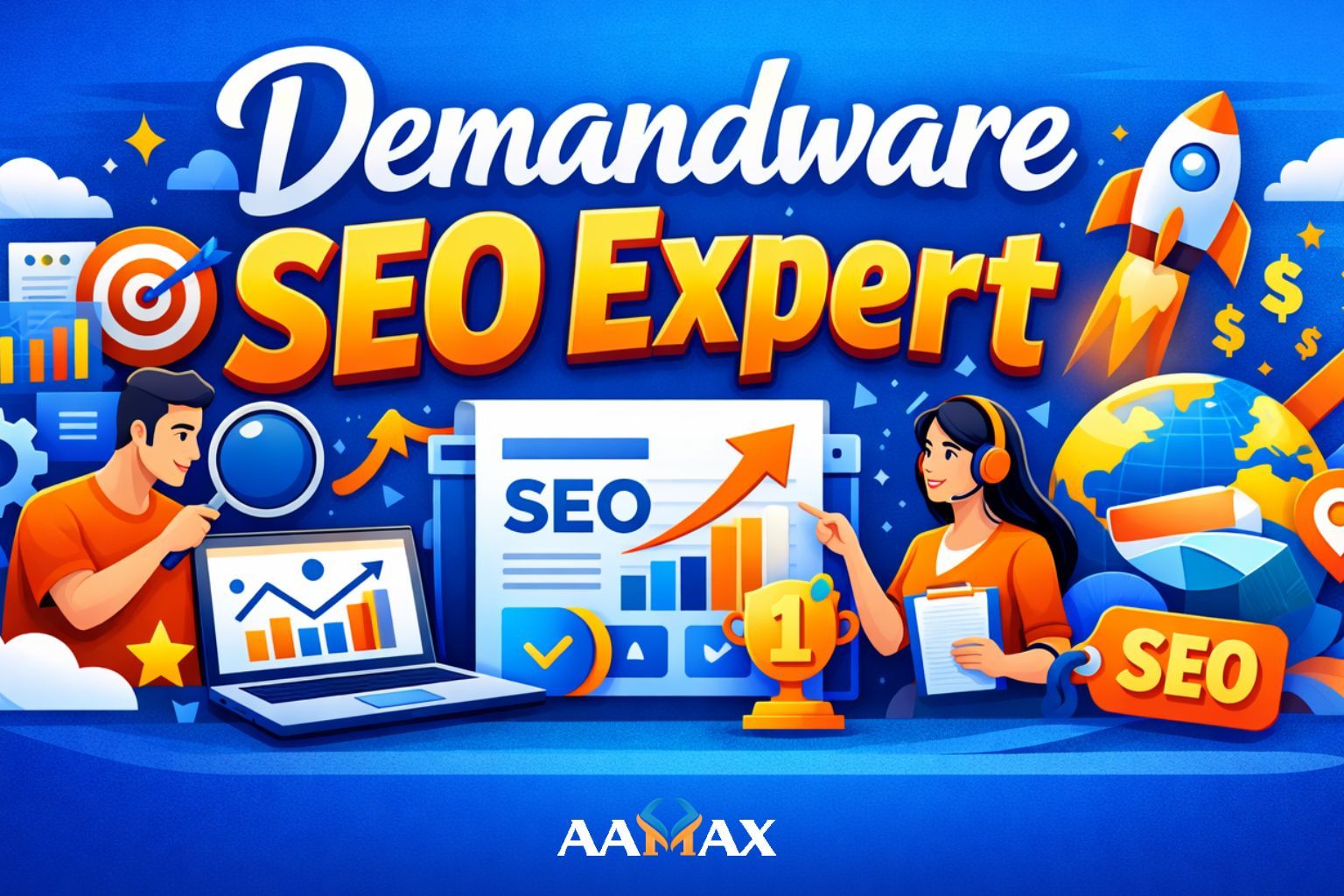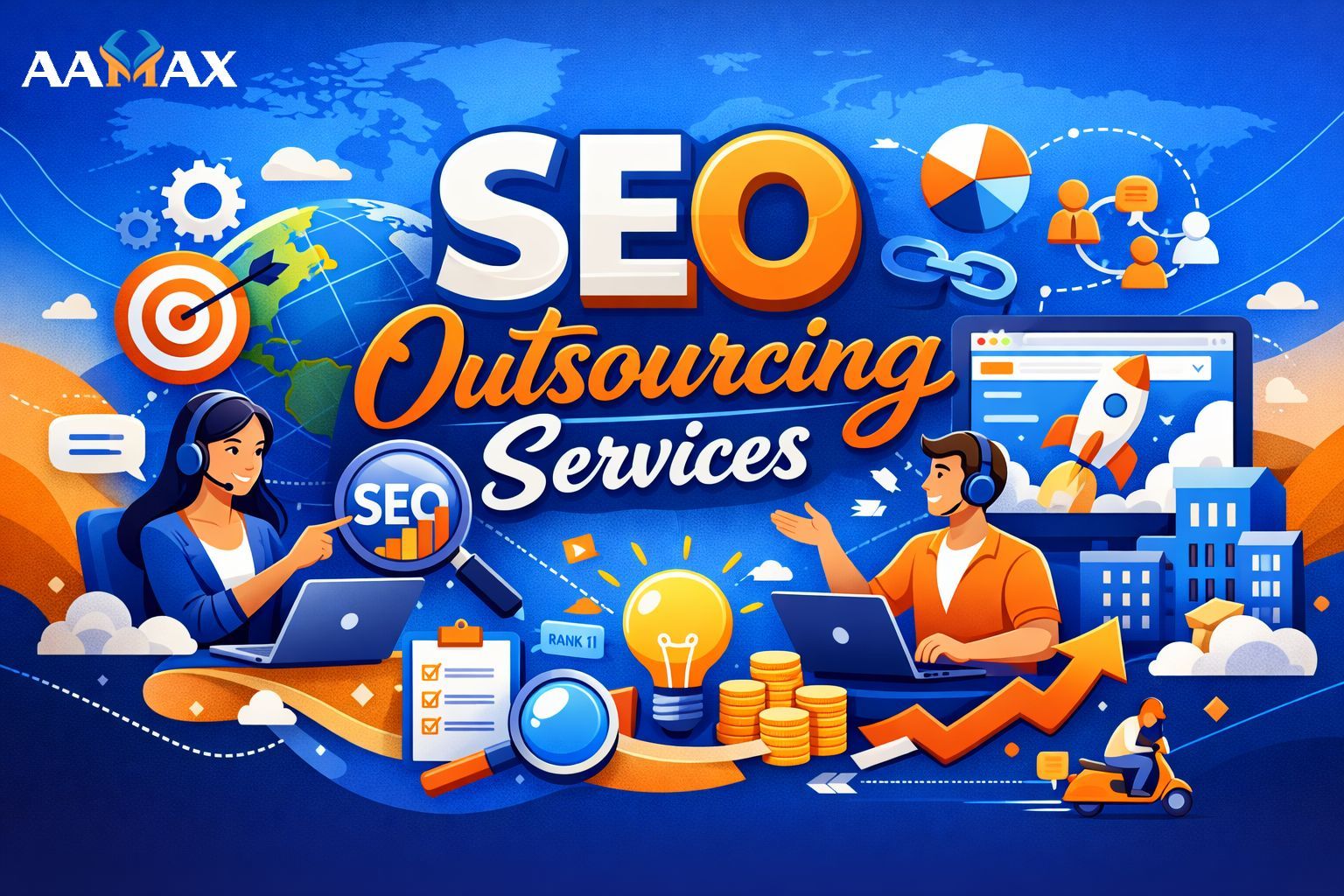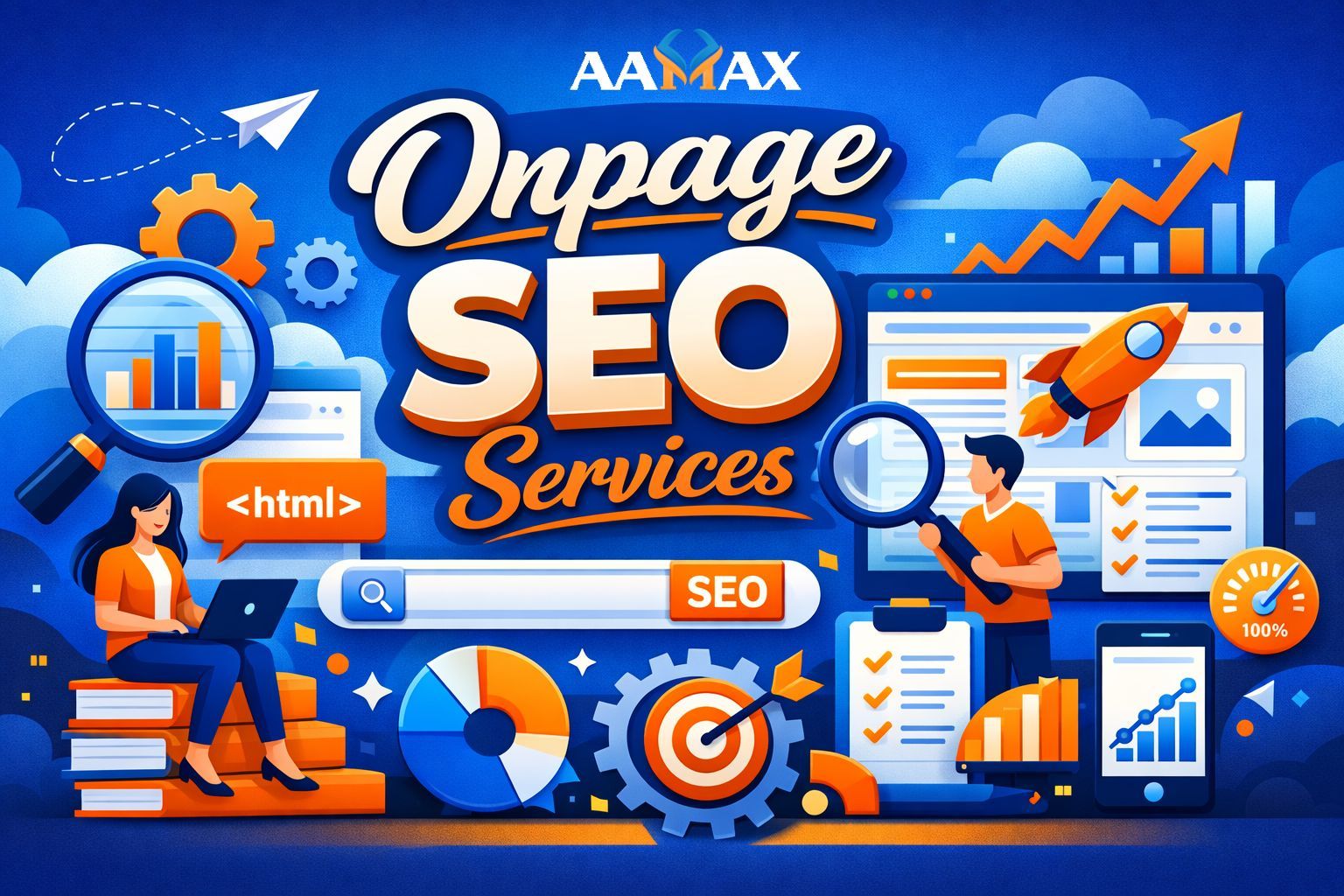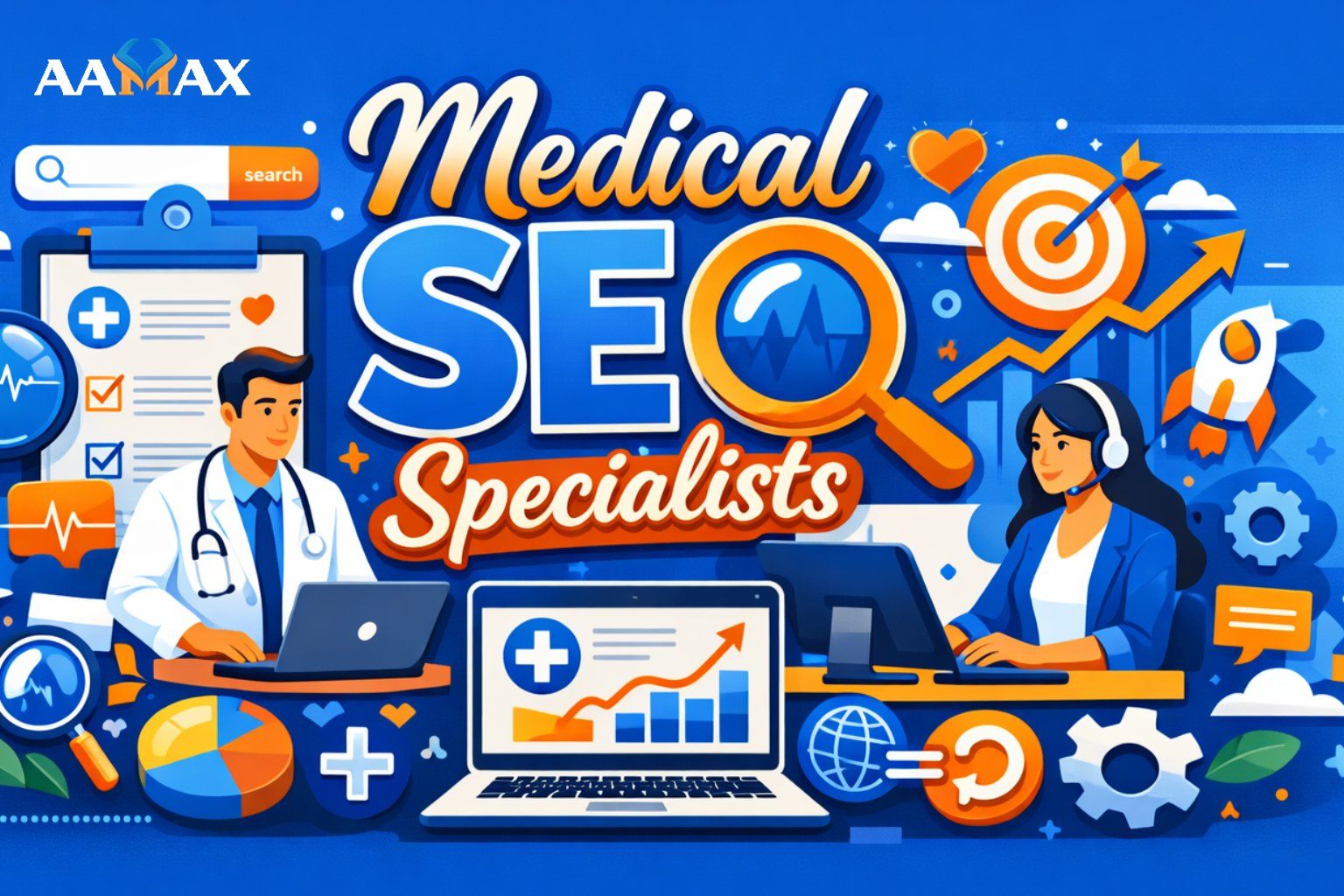
What Is Ad Tech? Definition, Types, and Platforms
In today’s digital-first marketing environment, staying competitive means understanding and leveraging the right tools. One of the most critical and complex ecosystems driving modern advertising is Ad Tech. Whether you’re a brand looking to scale, a publisher aiming to maximize ad revenue, or an agency managing campaigns across platforms, ad tech is at the heart of it all. This comprehensive guide explores what ad tech is, the different types involved, and the leading platforms you should know.
Hire AAMAX For Website Development and Digital Marketing Services
What Is Ad Tech?
Ad tech (short for advertising technology) refers to the set of tools, software, and platforms used to deliver, manage, and optimize digital advertising campaigns. It spans the entire process from media buying and ad placement to targeting, analytics, and return on investment (ROI) tracking.
Ad tech enables advertisers and marketers to reach the right audience, at the right time, with the right message—all while optimizing costs and performance.
Why Ad Tech Matters in Digital Marketing
Ad tech is essential because it:
- Automates ad buying processes (programmatic advertising)
- Enables real-time targeting and audience segmentation
- Offers deep performance tracking and analytics
- Enhances personalization at scale
- Maximizes ad revenue for publishers
Without ad tech, running effective and scalable campaigns across channels like display, mobile, video, social, and Connected TV (CTV) would be almost impossible.
Key Components of the Ad Tech Ecosystem
Let’s break down the major components of the ad tech stack:
1. Demand-Side Platforms (DSPs)
A DSP allows advertisers and agencies to buy ad impressions automatically and in real time. These platforms analyze data to ensure that ads are shown to the most relevant users.
Popular DSPs include:
- The Trade Desk
- Google Display & Video 360
- MediaMath
2. Supply-Side Platforms (SSPs)
SSPs help publishers manage, sell, and optimize their available inventory (ad space) across multiple ad exchanges. They ensure maximum revenue from each impression.
Examples of SSPs:
- Google Ad Manager
- Magnite
- PubMatic
3. Ad Exchanges
These are digital marketplaces where DSPs and SSPs meet to buy and sell ad inventory in real time, often via Real-Time Bidding (RTB).
Notable ad exchanges:
- OpenX
- Xandr
- Index Exchange
4. Data Management Platforms (DMPs)
DMPs collect, organize, and analyze large sets of audience data from various sources. This data helps inform targeting and campaign decisions.
Top DMPs include:
- Lotame
- Oracle BlueKai
- Adobe Audience Manager
5. Customer Data Platforms (CDPs)
CDPs consolidate first-party customer data from multiple sources (web, CRM, email, etc.) to create unified customer profiles for precise targeting.
Popular CDPs:
- Segment
- Tealium
- Salesforce CDP
6. Ad Servers
Ad servers are responsible for delivering ads to websites and apps. They decide which ad to show, serve the ad, and track performance data.
Examples:
- Google Ad Manager
- Sizmek
Types of Ad Tech: Programmatic and Beyond
Ad tech solutions can vary based on the kind of advertising they support. Here are some of the major types:
1. Programmatic Advertising
Programmatic is the automated buying and selling of online ad space in real time. It’s efficient, data-driven, and scalable.
2. Mobile Ad Tech
Focuses on delivering ads to mobile devices and apps. It includes SDKs, mobile DSPs, and in-app analytics.
3. Video Ad Tech
Supports video ads across platforms like YouTube, OTT services, and mobile apps. Includes VAST and VPAID standards.
4. Connected TV (CTV) and OTT Ad Tech
These systems deliver ads to internet-connected TVs and streaming platforms like Hulu, Roku, and Amazon Fire TV.
5. Social Ad Tech
While social platforms like Facebook and TikTok are walled gardens, they offer their own ad tech ecosystems for campaign management, targeting, and optimization.
6. Native Advertising Tech
Enables seamless ad integration into content, matching the look and feel of the platform.
Benefits of Using Ad Tech for Advertisers and Publishers
For Advertisers:
- Target hyper-specific audience segments
- Optimize campaigns based on real-time data
- Track ROI and adjust strategies instantly
- Manage multiple campaigns from a single dashboard
For Publishers:
- Monetize inventory efficiently
- Access more advertisers and demand sources
- Use pricing rules and floor prices
- Gain deep insights into audience behavior
Challenges in the Ad Tech Landscape
Despite its many benefits, ad tech is not without challenges:
- Privacy Concerns: GDPR, CCPA, and cookie deprecation have forced a shift to first-party data strategies.
- Ad Fraud: Click fraud, bot traffic, and viewability issues still plague the industry.
- Complexity: Integrating multiple platforms and data sources can be difficult and resource-heavy.
- Transparency: Some marketers find it difficult to track where ads appear and how much they actually cost.
Leading Ad Tech Platforms to Know in 2026
Here are some of the most important ad tech platforms to explore:
Google Display & Video 360 (DV360)
A powerful DSP for running programmatic display, video, and CTV campaigns.
The Trade Desk
An independent DSP offering advanced targeting and reporting features.
Meta Ads Manager
While Meta (Facebook/Instagram) operates in a closed ecosystem, it remains a key player in social ad tech.
Amazon Advertising
Great for e-commerce brands targeting audiences based on purchase behavior.
Adobe Advertising Cloud
A cross-channel DSP integrated with Adobe’s analytics and data platforms.
The Future of Ad Tech
The ad tech industry continues to evolve at a rapid pace. Key trends shaping its future include:
- AI and Machine Learning: Automated optimization, predictive targeting, and content generation.
- Cookieless Targeting: Rise of contextual advertising and reliance on first-party data.
- Unified ID Solutions: Initiatives like Unified ID 2.0 are helping to maintain addressability.
- Retail Media Networks: Platforms like Walmart Connect and Instacart Ads are creating new ad ecosystems.
Final Thoughts
Ad tech is the backbone of digital advertising. From buying impressions to analyzing ROI, it powers every stage of the marketing funnel. For brands, agencies, and publishers looking to scale efficiently, mastering ad tech is no longer optional—it’s essential.
If you’re looking to unlock the full power of digital marketing with a results-driven strategy, consider hiring AAMAX. As a full-service digital marketing agency, AAMAX offers expertise in Web Development, Digital Marketing, and SEO Services to help you navigate the complex ad tech landscape and drive measurable growth.

